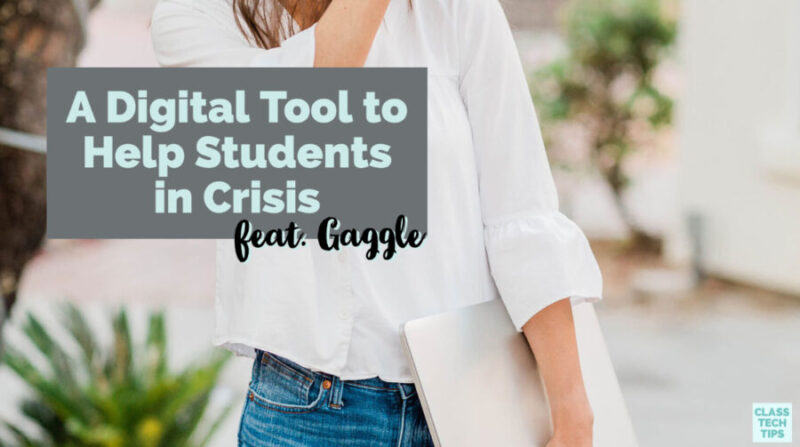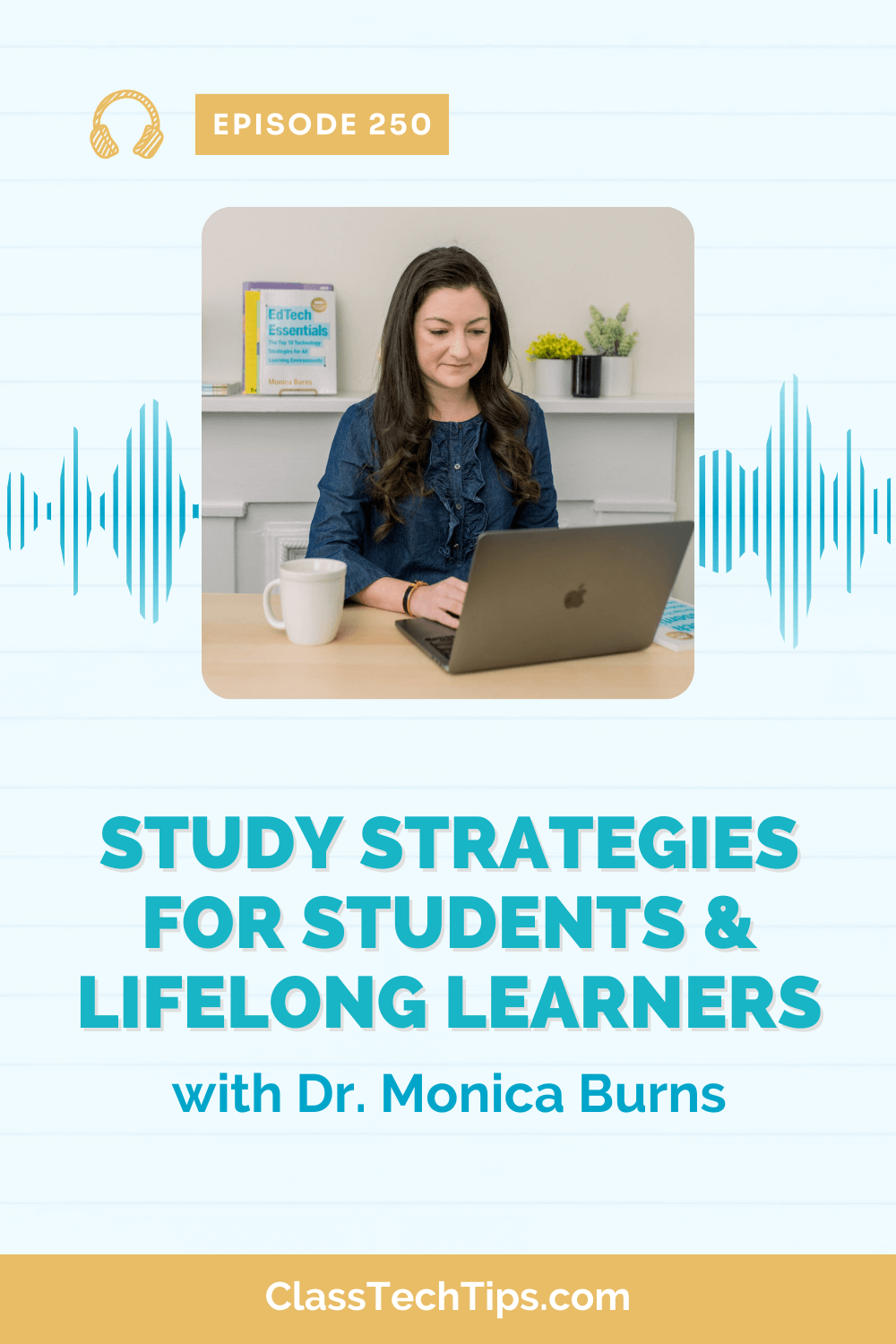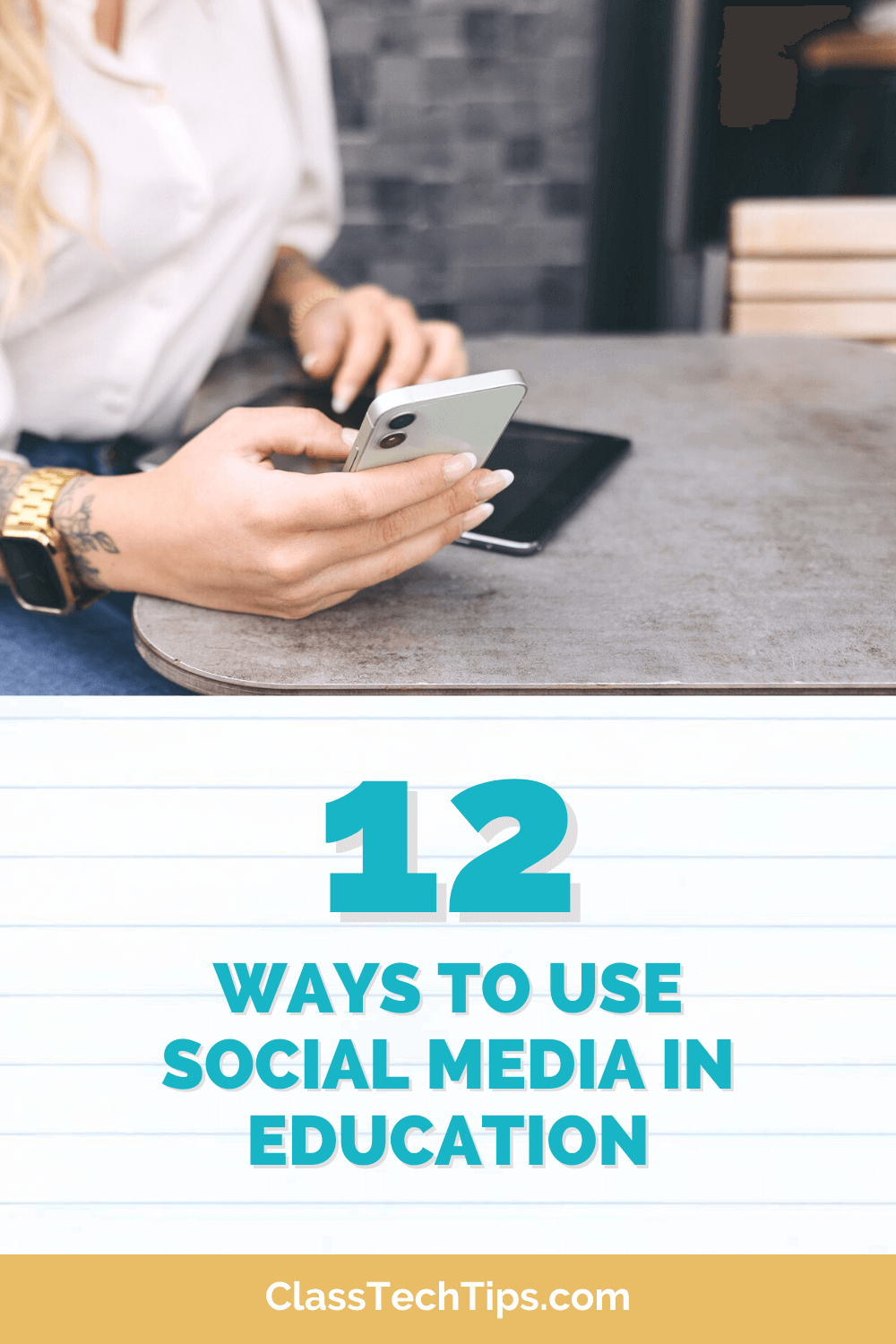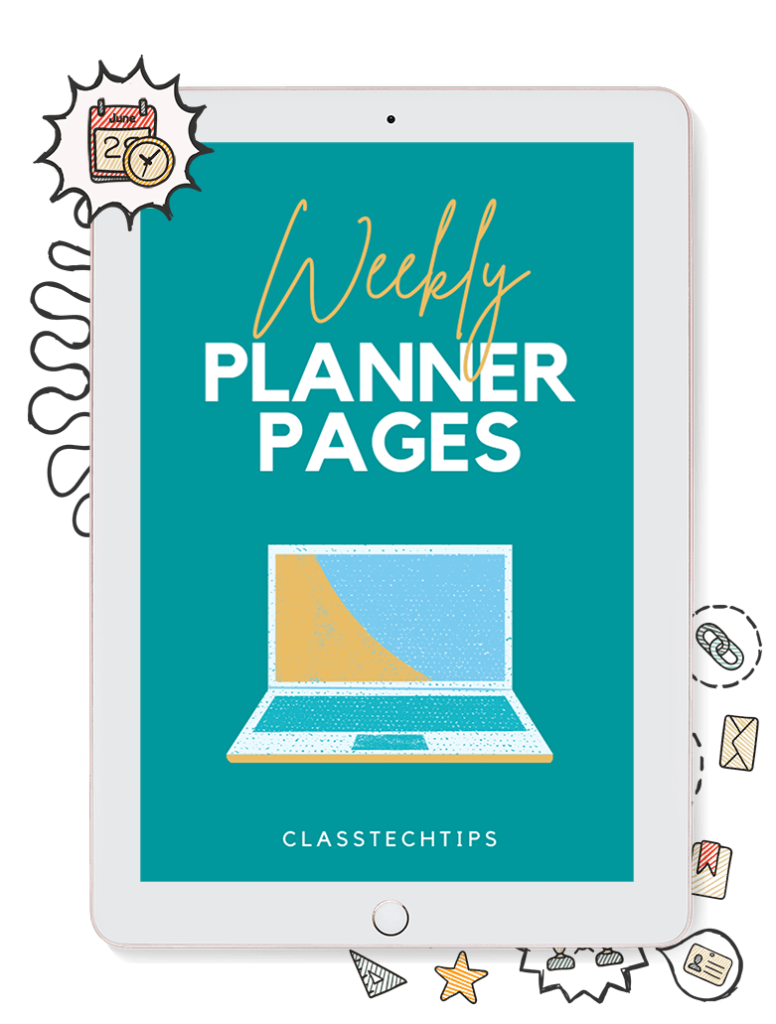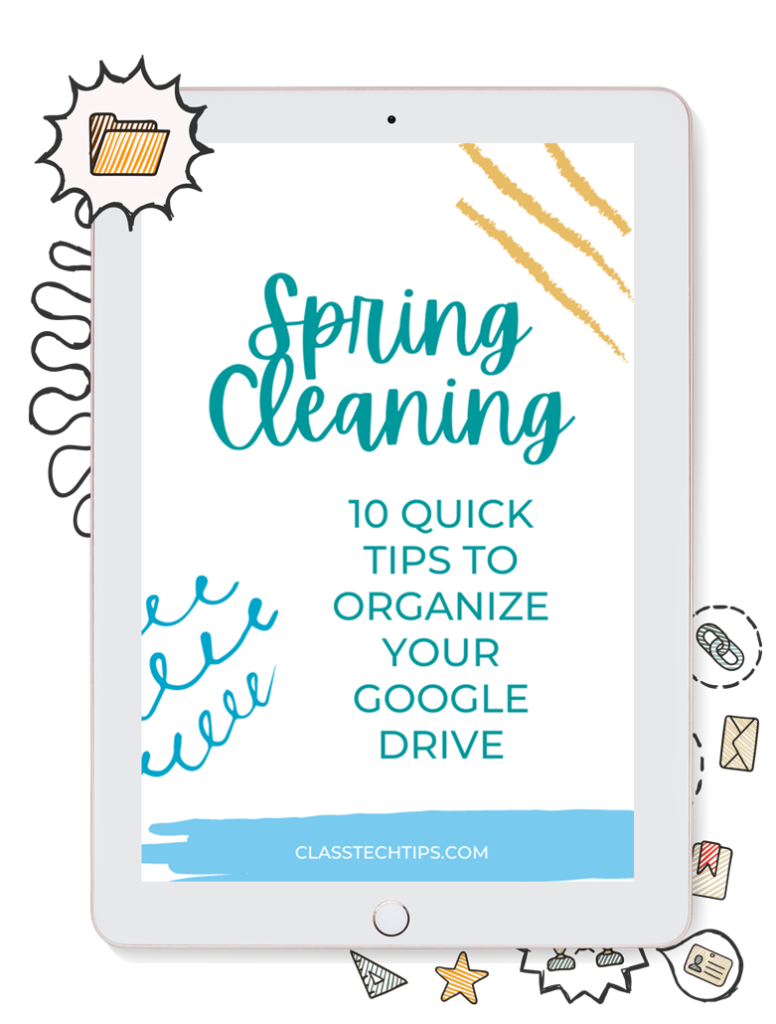This post is sponsored by Gaggle. All opinions are my own.
What if you had another set of eyes to help students in crisis? I recently met up with the Gaggle team to learn more about their platform and how it supports students. This year, school counselors and educators are interacting with students in entirely new ways. While remote learning is taking place, the conversations with students, observations throughout the school day, and interventions have changed dramatically.
Regular readers of the blog might remember that I featured Gaggle on my blog last year to share their student safety management tools. They have a powerful platform for schools and districts. In this blog post, I’ll share an overview of this powerful platform and Gaggle Therapy, a new offering to support students.
Student Safety Platform
If you haven’t heard of Gaggle before, they are a pioneer in student safety. Gaggle is a school safety solution with a proactive, early-warning system. It offers around the clock support for the entire school year and tackles the task of responding to online and offline safety issues and threats. Districts across the country have partnered with Gaggle to monitor online spaces.
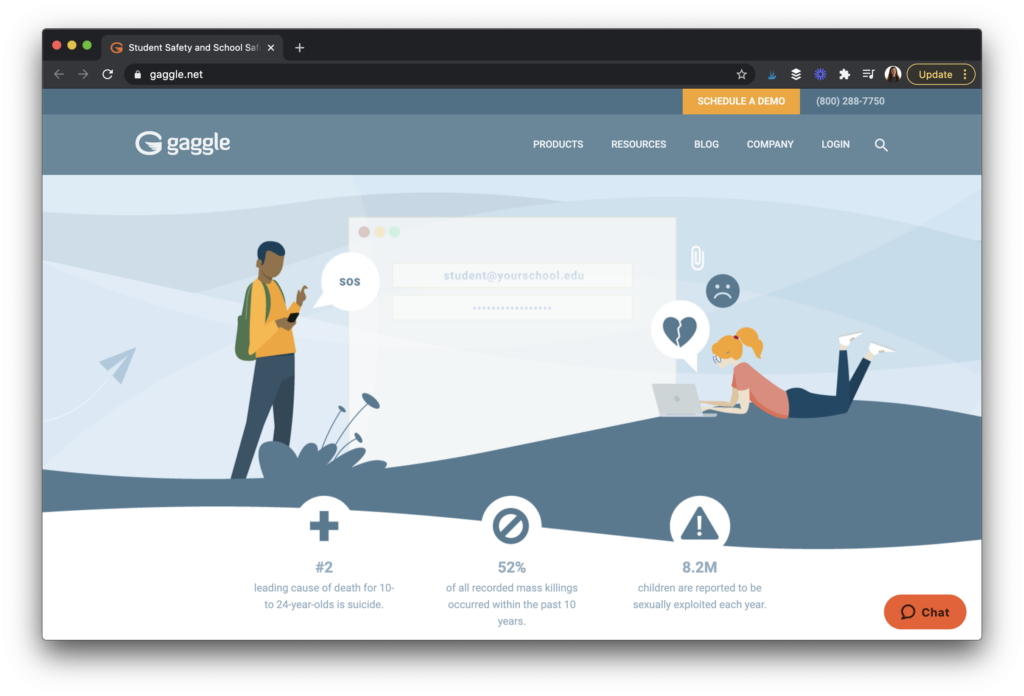
During remote learning, their goal remains the same — to keep students safe throughout the school year and beyond. Their technology looks for students who may be in crisis. Using their digital environments (school-provided technology and accounts), the Gaggle artificial intelligence (AI) technology flags any content that is concerning. After the content has been flagged, the Gaggle in-person safety team reviews the item and contacts the district.
Help Students in Crisis
Since the pandemic, the folks at Gaggle have seen a significant increase in conversations around student mental health, cyberbullying, and domestic abuse. In addition to using their platform at the middle and high school level, they also support elementary school students using technology both inside and outside the classroom.
More students are using technology as their way to connect with content and learning experiences. They’ve just published a white paper on student mental health where they looked at research around ways to support students. You can check out the document and resources right here.
As you can see in the video above, Gaggle Therapy is a new service for schools. After schools receive notifications that students may need extra support, this service can connect students with a mental health provider. Students can connect with them over video for a private session.
How does it work? All of the therapy sessions are done virtually with therapists licensed in your state. Families can set up the sessions to work with their schedules, including evenings and on weekends. With this service, students who are not physically in a school setting, or participating in remote learning, can still benefit from individualized support. Students who have been identified as needing extra help through Gaggle’s school safety platform can access intervention that targets their needs.
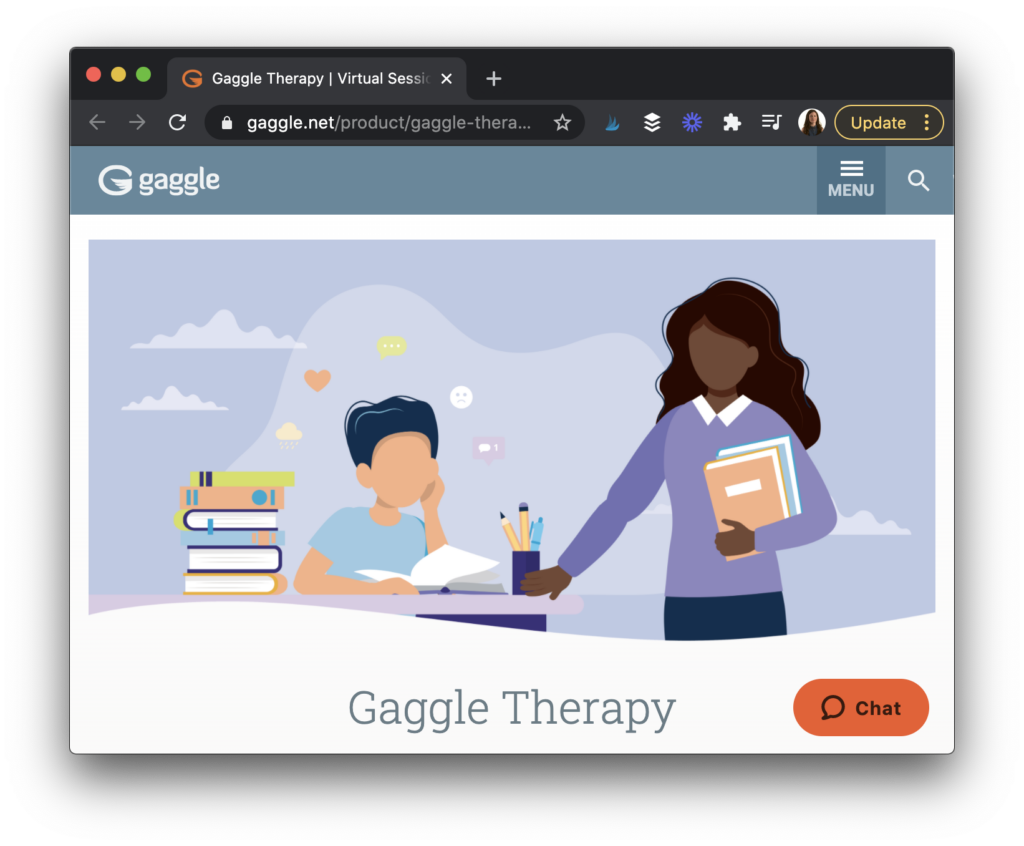
Gaggle Therapy in Action
Gaggle Therapy works with the district directly to partner schools with teletherapy support. The service launched this year and the goal is to help districts help families as they look for support outside of school. They are trying to simplify this process and make it accessible for families in need of this support.
Gaggle serves millions of students and reviews billions of items each year. As a result of their school safety platform, they were able to intervene immediately with tens of thousands of students who needed support for various issues, including suicide prevention.
Learn more about Gaggle Therapy and their platform for schools and districts on this page. Already use Gaggle with your school community? Share your experience in the comments below.
